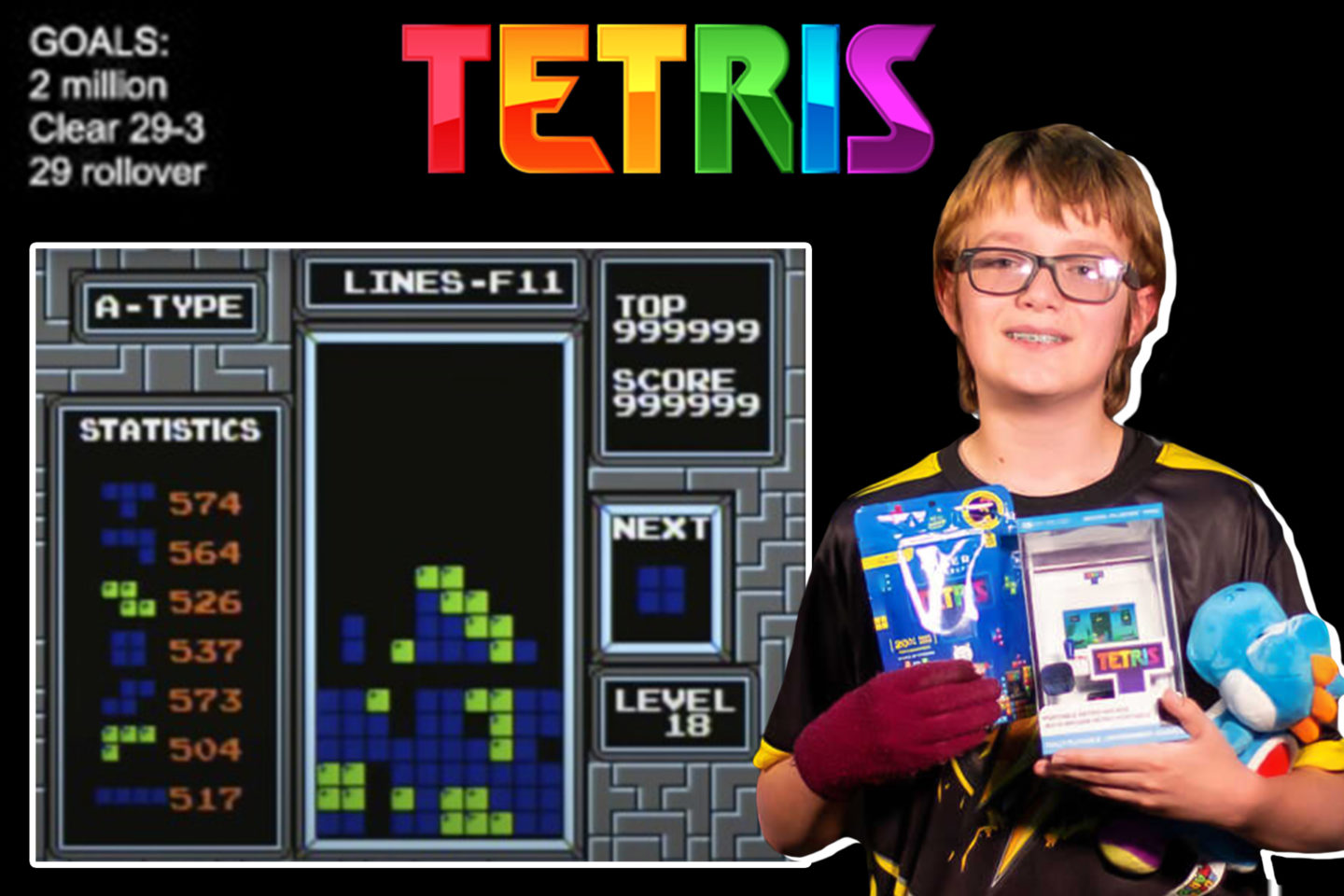Thirteen-year-old Willis Gibson, known as Blue Scuti in the gaming world, achieved what was once deemed impossible by “beating” Tetris this week. He accomplished this by reaching level 157, causing the game to crash.
Since its release in the 1980s, Tetris has become a global sensation, selling over 520 million copies. Its lasting appeal and continuous advancements in player scores highlight how human ingenuity continues to rival artificial intelligence in the digital era.
Gibson’s success is credited to innovative techniques and the support of dedicated Tetris communities. A professor of cognitive science, writing for the BBC, noted that Gibson’s accomplishment offers broader insights into how people learn and push the boundaries of human performance.
At the Classic Tetris World Championships, players have developed new strategies like “rolling” and “hyper tapping,” which involve different ways of holding the controller to input commands more rapidly.
According to The New Yorker, newer Tetris players are leveraging livestreams and Discord chats to share strategies that once took years to develop, now in just “minutes.”
This emotional victory demonstrates that humans can surpass “preconceived limits.”

Tetris CEO Maya Rogers described Gibson’s achievement as “a feat that defies all preconceived limits of this legendary game.”
Henk Rogers, the games entrepreneur who popularized Tetris, told that if someone can beat the game, “we can beat climate change.”
Angela Watercutter compared Gibson’s victory to a skater landing an impossible jump in the Olympics, suggesting that amidst the challenges of the pandemic, labor strikes, and ongoing conflicts, a kid’s triumph over Tetris is “a win for everyone,” fulfilling a deep-seated need for “some kind of wonder.”
Artificial intelligence is also pushing the boundaries of gaming. Recent advancements by AI systems, such as those developed by DeepMind and Meta, have shown AI defeating human players in games requiring deception, negotiation, and cooperation.
The Verge reported that AI might one day become a “collaborator” in designing games from scratch.
However, a BBC writer cautioned that while discussions often emphasize AI’s potential to outpace human skills, the reality is that human performance is still advancing, and it would be a mistake to view it as a “stationary target.”






Leave a Reply